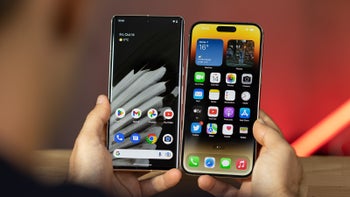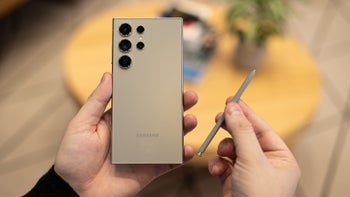Google wants its Find My Device feature to be more like Apple's, i.e. better

If you're not entirely devoted to either Android or iOS and have tried out both platforms over the years, you probably noticed one crucial difference in terms of how easy Google and Apple make finding a lost or stolen phone.
Simply put, Apple's Find My app, which works across its iPhones, iPads, Watches, AirPods, AirTags, and even Macs, can do a much better job of locating a device (with a functional Bluetooth chip) than the competition, which relies completely on Internet connectivity.
But Google is reportedly working hard on leveling the playing field in that regard, which we kind of suspected and the search giant teased fairly recently. While the latest speculation on the matter lacks any information on possible launch timing, the fact developers like Kuba Wojciechowski are able to find evidence of these efforts to improve Android's Find My Device functionality strongly suggests an announcement might be right around the corner.
We definitely wouldn't be surprised, for instance, if a preliminary launch were to take place at the Google I/O conference in May followed by a public rollout onboard of the Pixel 8 and 8 Pro in the fall.
While Big G's long-term goal is undoubtedly to build a "huge network of all Android devices" capable of supporting the improved Find My Device app, the ability to actually locate an Android phone when powered off is likely to be exclusive to the Pixel 8 family at first.
Purportedly called simply "Pixel Power-off Finder", the feature will almost certainly require special hardware to keep a phone's Bluetooth chip permanently enabled, and for the time being, it's not clear if the Pixel 7, 7 Pro, or any other Android devices available today are equipped with the necessary components to make something like that possible.
Similar to how Apple's Find My feature works, Google will probably add a "power reserve" mode of some sort to the Pixel 8 and 8 Pro, which other Android phone manufacturers are obviously likely to "borrow."
The idea is to keep a tiny bit of juice available at all times so that a mobile device can be tracked even when it's switched off for any reason including low battery. Of course, no such functionality is infallible or unlimited, but it remains to be seen what kind of time limits Google will impose on the technology when it eventually rolls out.










Things that are NOT allowed: